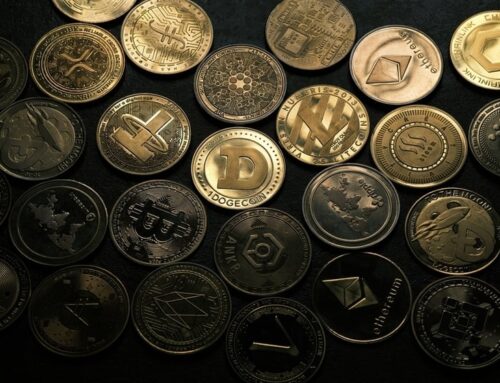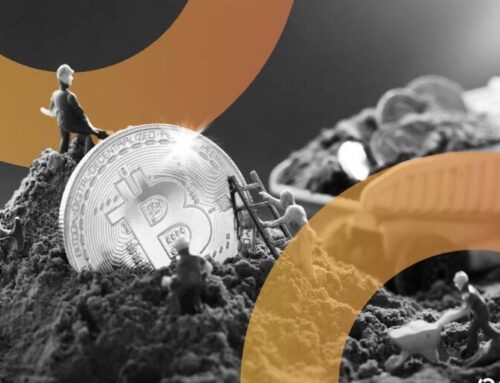Colombian Artists and Leaders Recognized for Their Commitment to the Environment in 2025
November 10, 2025

Colombian environmental awareness continues to grow steadily, and this is reflected both nationally and internationally. In 2025, several Colombian leaders and artists were recognized for their environmental commitment by being included in the list of “The 100 Latinos Most Committed to Climate Action,” an honor granted by the organization Sachamama, which highlights Latin American leaders who work to protect the planet from various fields: science, art, politics, activism, and communication.
This recognition underscores the social responsibility of those who use their voice and influence to raise awareness about the urgency of addressing the global climate crisis.
Among the Colombians honored on Sachamama’s list are artists, presenters, Indigenous leaders, and public officials who, from their respective fields, are driving change toward a more sustainable society.
Carlos Vives
Colombian artist Carlos Vives has turned his musical career into a platform to promote environmental protection. Through his Tras La Perla Foundation, created in 2015, he supports sustainable development projects in Santa Marta, focused on ecological restoration, environmental education, and responsible tourism. One of his greatest achievements has been the recovery of the Manzanares River and the protection of the Sierra Nevada de Santa Marta, both key territories for the biodiversity of the Colombian Caribbean.
In 2024 and 2025, Vives was included in Sachamama’s list for his environmental leadership — recognition that reinforces his belief that music can inspire ecological awareness. His participation in COP16, held in Cali in October 2024, marked a milestone: There, he presented his experience linking biodiversity and culture, affirming that “preserving nature is preserving our cultural identity.”
Songs such as La Tierra del Olvido and Cumbiana reflect this connection between art and the environment. Through his work, Vives demonstrates that culture can be a powerful ally in the fight against climate change, promoting conservation through emotion, identity, and community.
Claudia Bahamon
Presenter and entrepreneur Claudia Bahamon has been an influential voice in environmental education and the promotion of sustainable lifestyles. Through her platform BeClá, she encourages responsible consumption, waste reduction, and ethical fashion, involving both consumers and brands in the shift toward a greener economy.
Bahamon also leads initiatives such as Conexion Oceano, focused on protecting marine ecosystems and coastal communities, and the Sustainable Fashion Seal, which certifies good practices in the textile industry. Her work has been recognized by the Congress of the Republic of Colombia, which announced a special distinction for her environmental and educational commitment.
Fanny Kuiru
From the heart of the Amazon, Fanny Kuiru Castro, known in her traditional language as Jitoma Monaiyanhö, represents the strength of Indigenous communities in defending nature. Kuiru has become a continental leader as General Coordinator of COICA (Coordinator of Indigenous Organizations of the Amazon Basin), being the first woman to hold this position.
Her work focuses on defending ancestral territories, recognizing Indigenous autonomy, and protecting Amazonian biodiversity — key elements to halting the climate crisis. She also promotes the participation of Indigenous women and the preservation of traditional languages and knowledge, essential pillars of inclusive environmental governance.
Kuiru has participated in dialogues between ethnic communities and the state, contributing a vision rooted in environmental justice and collective rights. Her leadership has been recognized by several international organizations, which highlight her as a symbol of resistance, wisdom, and action in the face of climate change.
Carlos Eduardo Correa
Former Minister Carlos Eduardo Correa is considered one of Colombia’s most influential leaders in sustainability and climate action. During his tenure as Minister of Environment (2020–2022), he led the expansion of Marine Protected Areas, enabling Colombia to meet the international goal of protecting 30% of its marine territory.
He also promoted policies on climate change adaptation, ecological restoration, and energy transition, fostering a circular economy and the use of clean energy.
Correa has been included three consecutive times on Sachamama’s list and, in 2024, was recognized by Illuminem as the second most-read global thought leader on nature-related topics. He currently serves as senior adviser at Conservation International and ambassador to the Global Alliance for Conservation, continuing to promote environmental protection across Latin America.
Sergio Diaz Granados

As executive president of CAF — Development Bank of Latin America and the Caribbean, Sergio Diaz-Granados has transformed the institution into a regional sustainability leader. Under his direction, CAF has pledged to become the main financier of green and blue projects in Latin America.
In 2025, the institution approved US$5.2 billion in climate financing for 10 countries and led the largest debt-for-nature swap in history, carried out in El Salvador.
That same year, Diaz-Granados was included in TIME magazine’s TIME100 Climate list, in the “Titans” category, alongside King Charles III, being the only Latin American recognized for his global influence in climate action.
Search
RECENT PRESS RELEASES
Related Post



